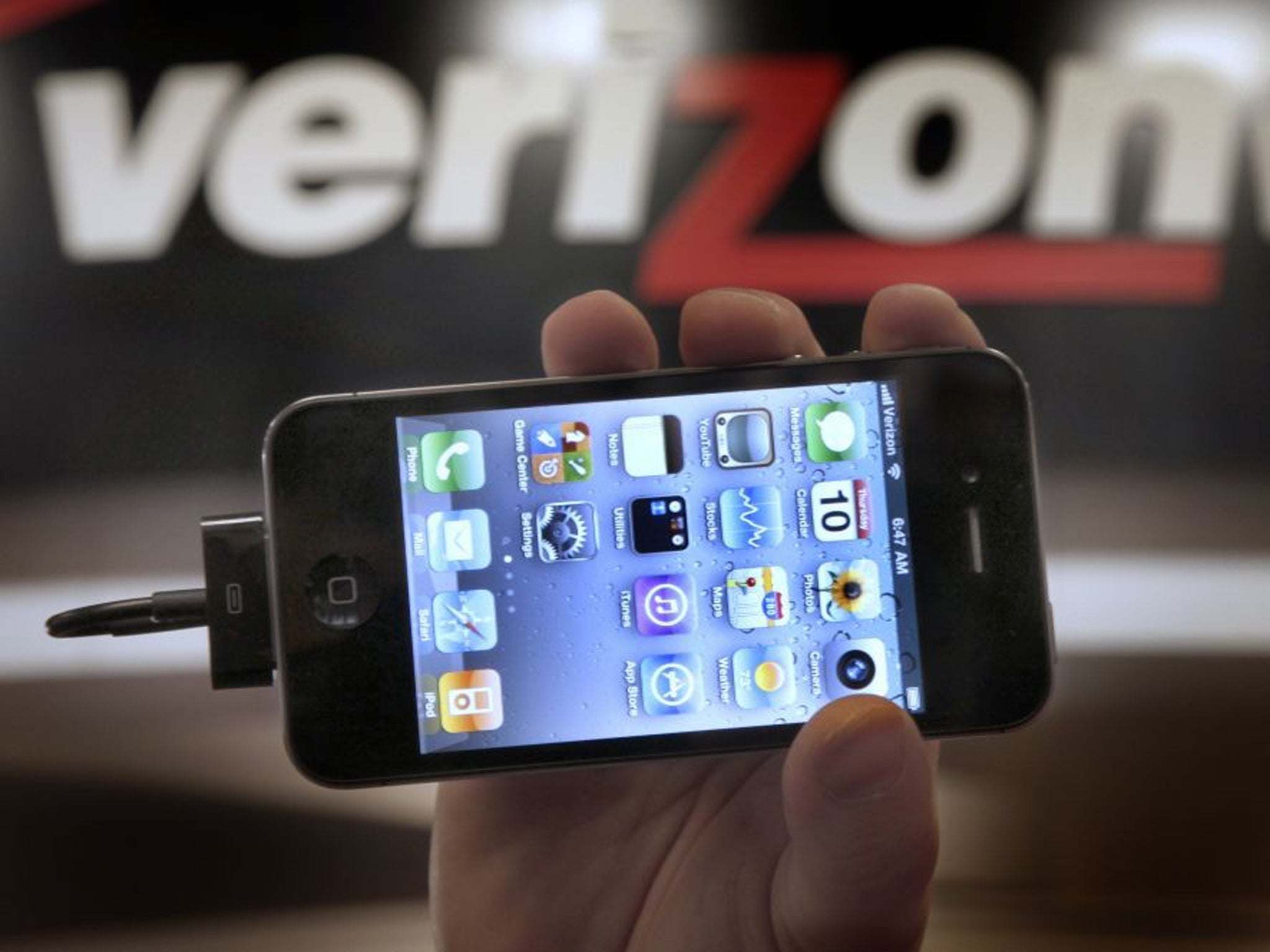The Independent's journalism is supported by our readers. When you purchase through links on our site, we may earn commission.
The Verizon phone record sweep is ‘nowhere near constitutional’, says ACLU - who could disagree?
This is only the latest erosion of civil liberties from the Obama administration

News that the United States government forced Verizon, a major telecommunications company, to reveal its call records to state intelligence agencies provoked widespread outcry from the American public this week. Yet it is only the latest privacy rights scandal among many to have shaken the US over the past decade or so. Indeed, the core details of the story merely confirm what many had previously suspected, a fact that speaks volumes about the state of American civil liberties in the post 9/11 era.
It is sadly unsurprising that such practices have been taking place on the watch of the present administration, despite the fact that its iconic figurehead openly criticized similar policies enacted by his predecessor. A wide range of bills signed by the President in recent years, including the latest National Defence Authorisation Act, contain provisions that have been interpreted as potentially allowing for a previously unthinkable erosion of the rights of US citizens. This latest development will all but ensure- unless an enormous and entirely improbable U-turn occurs- that the ‘change’ candidate of 2008 leaves a legacy in the field of domestic surveillance that is both deeply unpopular and historically unprecedented.
Alex Abdo, staff Attorney at the American Civil Liberties Union (ACLU), an organisation committed to defending civil freedoms in the US, told me that in his view it was ‘difficult to overstate how troubling’ the Verizon revelations were. ‘This is the kind of news that would shock even Orwell. We’ve learned that the government is tracking the call records of potentially millions of Americans, without any reason to think that any of them have engaged in any wrongdoing’, he reflected.
‘The tracking of an accumulation of millions of phone records over a long period of time is precisely the sort of invasion of privacy that the supreme court said in United States versus Jones is governed by the fourth amendment’, Abdo added. When asked if this activity could be considered unconstitutional, his reply was emphatic: "there’s a line between constitutional and unconstitutional surveillance- and this programme is nowhere near this line."
It is almost impossible to disagree with Mr Abdo on any of the points he raised, least of all about the troubling nature of the activities revealed in the news recently. In combination with ongoing warrantless wiretapping programmes and the construction of a gargantuan data storage facility in Bluffdale, Utah it seems the US government is serious about amassing huge amounts of information on its citizen’s digital activities. The potential for the abuse of such practices, undertaken in secret, is overwhelming - and the likelihood of it, as I have argued before, not entirely remote.
Not long ago it emerged that the US government had spent hundreds of millions of dollars on a programme intended to detect national security threats that, according to an Associated Press report, "improperly collected information about innocent Americans and produced little valuable intelligence on terrorism." It did however circulate information "about Ron Paul supporters, the ACLU, activists on both sides of the abortion debate, war protesters and advocates of gun rights", none of whom were said to be engaging in criminal activity.
The fact that, according to a Wikileaks-released cable, Obama’s state department encouraged its minions to collect personal data including credit card details and DNA samples from foreign officials does not fill one with confidence, either.
All of which should be brought to mind as we once again face the prospect of a snooper’s charter in this country in the wake of the atrocities in Woolwich (which it seems it would not have prevented anyway). Such an extensive programme could allow or pave the way for measures as excessive as those seen in the US- and increase the scope for improper surveillance practices to take place without us knowing anything about it.

Join our commenting forum
Join thought-provoking conversations, follow other Independent readers and see their replies